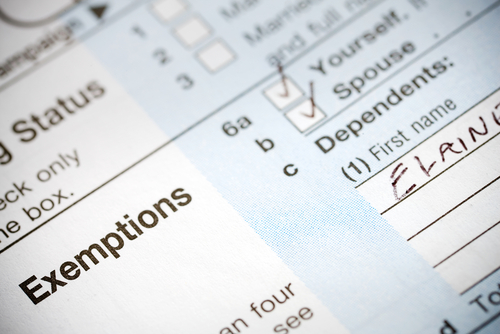When deciding upon a firm’s record retention procedures, it would be wise to consult federal and IRS regulations and state and local government record retention requirements. The IRS generally must assess additional tax within 3 years after the due date on a return. (So, keep records for 3 years.) A period of 6 years applies if the taxpayer omits items of gross income that in total exceeds 25 percent of gross income reported on the return. (Therefore, keep records for 6 years.) If a fraudulent return is filed or no return is filed, there is no limit to the period the tax can be assessed. (So, retain records permanently.)*
*See “How Long Should I Keep Records?” at
http://www.irs.gov/Businesses/Small-Businesses-&-Self-Employed/How-long-should-I-keep-records
Record retention policies are generally based on two questions:
- What must I keep?
- How long do I have to keep it?
The suggested retention periods listed below have no legal authority and are simply guidelines for use in dictating your firm’s record retention needs. In certain situations, it might be appropriate to keep records for longer periods than legally required.
| FOR BUSINESSES | |
| DOCUMENT | RETENTION PERIOD |
| Accounts Payable – Ledgers and Schedules | 7 years |
| Accounts Receivable – Ledgers and Schedules | 7 years |
| Audit Reports of Accountants | Permanently |
| Bank Reconciliations | 3 years |
| Capital Stock and Bond Records | Permanently |
| Cash Books | Permanently |
| Checks (canceled in general) | 7 years |
| Checks (canceled for important payments, taxes, property purchases, special contracts, etc. – file with papers of related transaction |
Permanently |
| Contracts and Leases (expired) | 7 years |
| Contracts and Leases Still in Effect | Permanently |
| Correspondence, general | 3 years |
| Correspondence, legal and important matters only | Permanently |
| Deeds, Mortgages, Bills of Sale | Permanently |
| Depreciation Schedules | Permanently |
| Duplicate Deposit Slips | 3 years |
| Employee Expense Reports/Personnel Records (after termination) |
7 years |
| Employment Applications | 3 years |
| Financial Statement (end of year) | Permanently |
| Freight Bills, Bills of Lading | 7 years |
| Garnishments | 7 years |
| General Ledgers | Permanently |
| Insurance Policies (expired) | 7 years |
| Insurance Records (accident reports, claims, policies, etc.) |
Permanently |
| Inventory Listings and Tags | 7 years |
| Invoices | 7 years |
| Patent/Trademark Papers | Permanently |
| Payroll and Purchase Journals | Permanently |
| Property Appraisals by Outside Appraisers | 7 years |
| Tax Returns and Worksheets | Permanently |
| Time Cards and Reports | 7 years |
| FOR INDIVIDUALS | |
| DOCUMENT | RETENTION PERIOD |
| Alimony, Custody, Prenuptial Agreements | Permanently |
| Bank Statements | 3 years |
| Birth and Death Certificates | Permanently |
| Canceled Checks | 3 years |
| Certificates of Deposit Statements | 7 years |
| Charitable Contributions | Keep with tax return |
| Employee Business Expense Reports | Keep with tax return |
| Forms 1099 Received | 7 years |
| Forms W2 Received | Permanently |
| House Records (mortgage and repairs) | Permanently |
| Income Tax Return Record | Permanently |
| Insurance Policies | Keep until expiration |
| List of Financial Assets | Permanently |
| Major Purchase Receipts | 7 years |
| Medical Records | 7 years |
| Wills, Trusts | Permanently |

